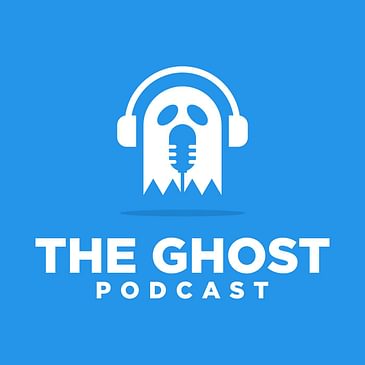Peter McGraw is a bachelor, behavioral economist, author and host of the podcast Solo.
In this episode: Relationship anarchy • Relationship design • The Solo movement • Relationship escalator • The difference between Single and Solo • The happiness data of marriage • Relationship hierarchy • Veto power • The 4 types of singles • Normalizing not wanting a relationship • The new way to have relationships • Core relationship values • How children fit into the “New Way” • Peter’s ghost story
You can find Peter here
Website
Podcast
Find us online
The Ghost Podcast
Instagram @theghostpodcaststories
Email: theghostpodcaststories@gmail.com
Stop Ghosting People.
*Stop Ghosting People*

